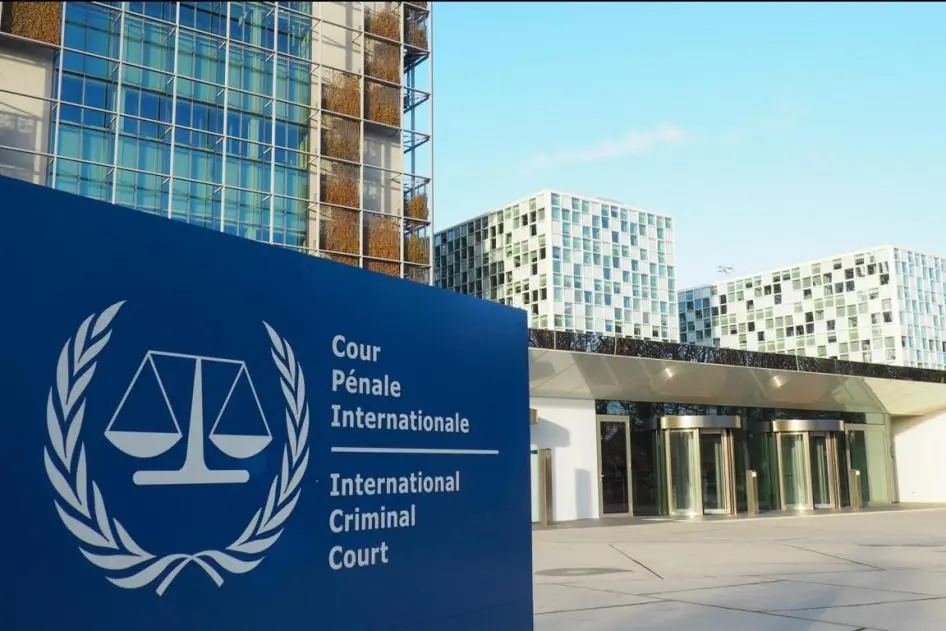The US State Department has praised Qatar’s efforts in fighting human trafficking, but noted more needs to be done for the Gulf state.
The US State Department’s 2021 Trafficking in Persons Report has applauded Qatar’s progress in fighting the global issue of human trafficking, though it highlighted areas of improvement for the Gulf state.
The report made special mention of Qatar’s Assistant Undersecretary within the Ministry of Administrative Development, Labor, and Social Affairs (MADLSA) Mohammed al-Obaidly, who was named a “Trafficking in Persons Report Hero” for his work in the field.
#TIPReportHeroes: Mohammed al-Obaidly initiated many programs that have had significant impacts for trafficking victims & provided greater protection for migrant workers. The U.S. appreciates his contribution to Qatar’s recent progress and to the important work that lies ahead. pic.twitter.com/S9d3R8bght
— Department of State (@StateDept) July 2, 2021
Al-Obaidly has had a hand in many of the policies and initiatives that have had significant impact for trafficking victims.
Such policies include the creation of Labour Dispute Resolution Committees, the opening of the first and only shelter in Qatar for human trafficking victims and the removal of exit permit requirements for migrant workers.
He has also initiated the implementation of Qatar’s historic minimum wage, the first in the region, and the abolishment of the No Objection Certificate, which previously required workers to request permission from former employers to change jobs.
The US report highlighted improvement in Qatar’s efforts to fight human trafficking, noting its first forced labour conviction under the anti-trafficking law as an indication of such progress. Qatar has also been active in identifying more victims and referring them to care at a new trafficking shelter in Doha.
However, the report also raised areas where Qatar fell short.
Authorities in Doha failed to routinely investigate crimes such as employer passport retention, withholding of wages, labour violations, and complaints of abuse as potential trafficking crimes, according to the report.
Although there were formal victim identification and referral procedures, not all officials in Qatar systemically used them, it added.
This meant that failure to adhere to the procedures may have left trafficking victims unidentified and unable to access the protection services needed to accommodate the situation.
Read also: Qatar ‘ready to support Lebanon’ on all levels to end crisis: Lebanese presidency
The US State Department’s 2021 report also said that Qatar authorities arrested, detained, and deported potential trafficking victims for immigration violations, prostitution, or fleeing their employers or sponsors.
These reportedly included cases in which victims were believed to have been compelled to commit any of the aforementioned violations.
The report did provide comprehensive mechanisms and recommendations for Qatar’s government to implement in order to make for shortcomings, which have earned Qatar a Tier 2 ranking.
Among the recommendations are increasing the number of trafficking investigations, expanding training for law enforcement to better identify potential trafficking cases, and increasing efforts to prosecute trafficking offences, particularly forced labour crimes.
It also included means of prevention of this issue that Qatar had implemented as well as examples of such implementation.
The Tier ranking system places nations into four tiers, based on the extent of government efforts to meet the Trafficking Victims Protection Act of 2000’s minimum standards for the elimination of human trafficking.
Tier 2 countries are those whose governments do not fully meet the TVPA’s minimum standards but are making significant efforts to bring themselves into compliance with those standards.







